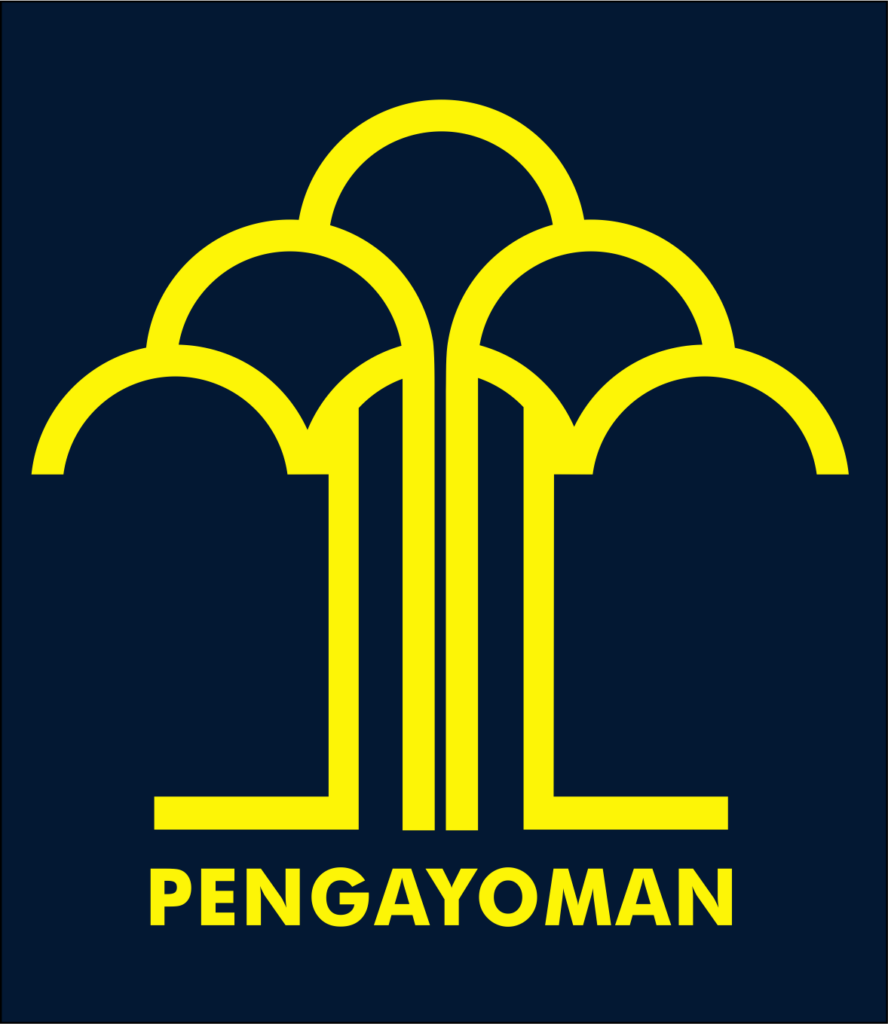You are here: Home / Import & Export Laws
Import & Export
New Legislation: Indonesia Food and Beverage Act 2025
In response to concerns about contraband entering Indonesia disguised as legitimate food and beverage exports, the government has introduced new regulations to safeguard product safety, security, and compliance with national laws.
- Purpose:
Exporters and manufacturers must pay a refundable security deposit to cover inspection costs and ensure compliance with Indonesian safety and registration standards. - Scope:
The Act applies to all food and beverage exports to Indonesia, including processed foods, beverages, snacks, dairy, frozen foods, produce, grains, cereals, and oils. - Security Deposit Requirement:
A security deposit is mandatory before shipment. Refunds are issued only after products pass inspections by the National Agency for Drug and Food Control (BPOM) and meet safety standards. - BPOM Registration:
All food and beverage products must be registered with BPOM prior to shipment. Certification is valid for five years and must be renewed as needed. - Enforcement and Penalties:
Non-compliance with deposit or registration requirements will result in export bans, fines, and possible legal action. - Commencement:
The Act takes effect on 15th January 2025, applying to all future and ongoing exports to Indonesia.
Export Excellence
Import Dynamics
Navigating Trade Regulations
Challenges and Opportunities
Product Registration
What is the SNI Certificate?
How to Apply for the SNI Certificate
Determine Applicability:
Identify the specific product or goods that require SNI certification.
Engage a Certification Body:
Choose a reputable Certification Body accredited by the BSN to facilitate the certification process. These bodies are authorized to conduct conformity assessments and issue SNI certificates.
Product Testing:
Undergo product testing to ensure it meets the relevant Indonesian national standards. Testing is usually conducted in accredited laboratories recognized by the BSN.
Quality Management System (QMS):
Implement a Quality Management System (QMS) to demonstrate a commitment to quality control throughout the production process.
Documentation Submission:
Prepare and submit the necessary documentation, including the application form, test reports, and other required certificates to the chosen Certification Body.
Factory Inspection:
The Certification Body may conduct an on-site inspection of the manufacturing facility to verify adherence to quality standards.
Certification Issuance:
Upon successful completion of the assessment, the Certification Body issues the SNI Certificate, confirming the product’s compliance with Indonesian standards.
